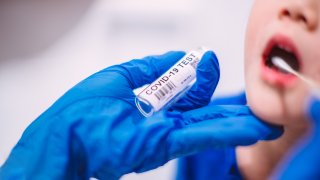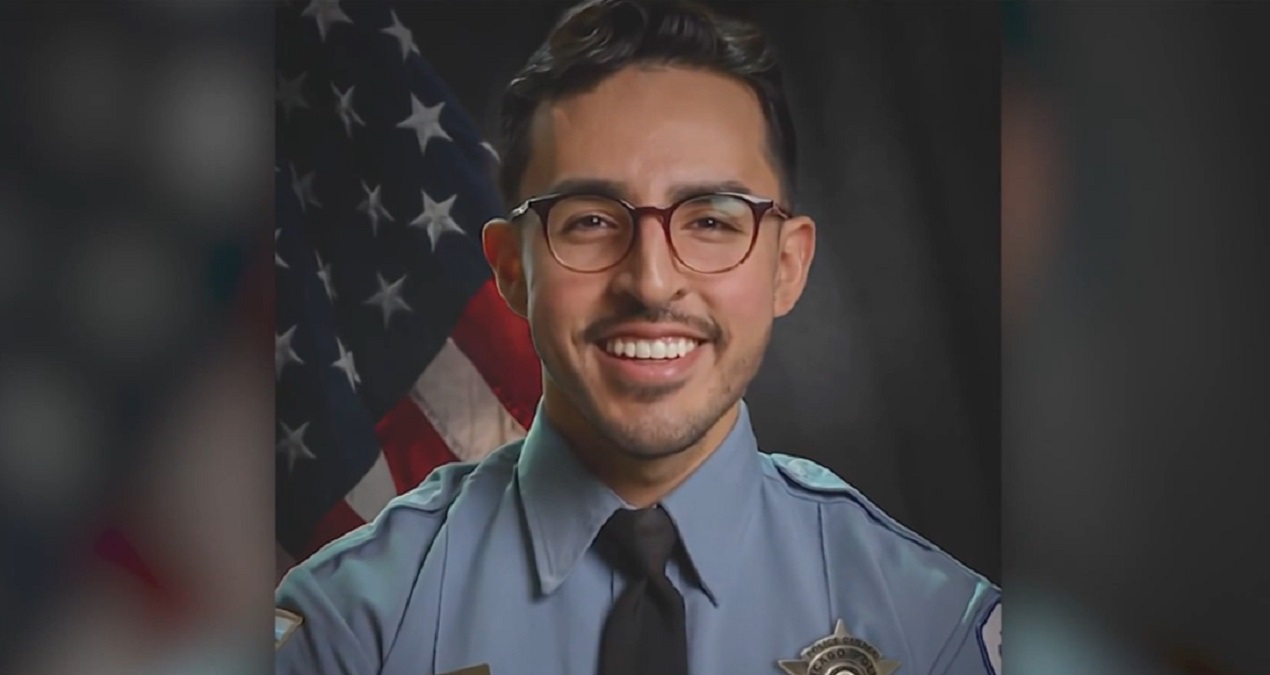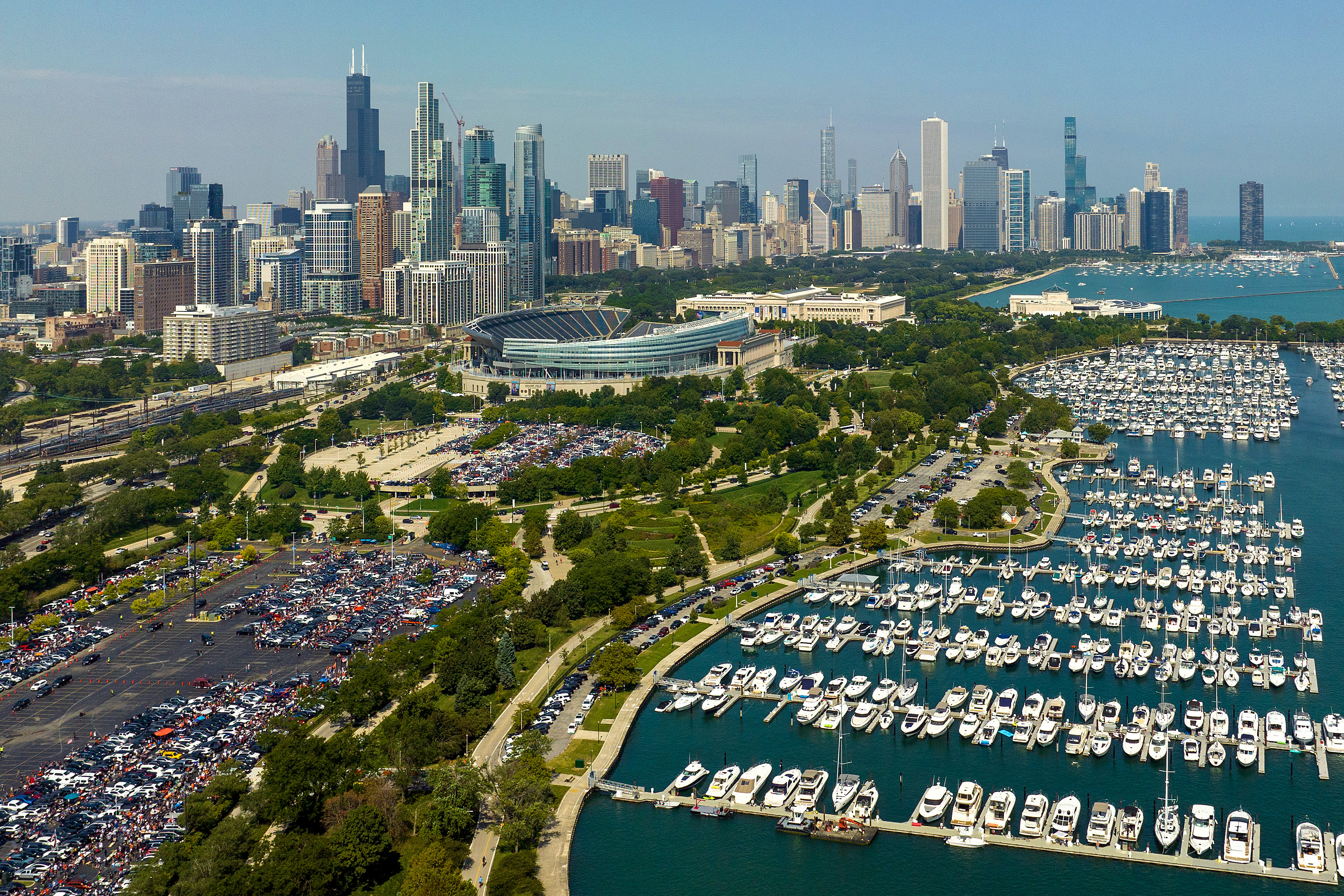
In the last week, children made up the majority of Chicago's daily COVID cases, data shows, but they are not becoming hospitalized or dying from the virus, according to the city's top doctor.
Recent data indicates those in the infant to 17-year-old age group are now making up the most coronavirus cases in the city when compared to other ages.
Chicago is currently averaging 289 cases per day, based on a seven-day rolling average. Those between the ages of 0 and 17 are reporting 63 average cases per day in the city. The next highest group is 18- to 29-year-olds, who are reporting an average of 59 new cases per day.
Children in the youngest age range, however, have reported no hospitalizations or deaths with recent cases, according to the city's data from the last seven days. Those in the 18- to 29-year-old range reported three hospitalizations, but no deaths.
Feeling out of the loop? We'll catch you up on the Chicago news you need to know. Sign up for the weekly Chicago Catch-Up newsletter here.
Chicago Department of Public Health Commissioner Dr. Allison Arwady said while "there's more cases in kids" currently, it is likely due to the fact that children under the age of 12 are not eligible for vaccination yet and those between the ages of 12 and 15 only recently became eligible.
"These numbers go down really very much in line with vaccination rates, but we haven't had hospitalizations," she said during a Facebook Live Thursday. "We've averaged zero kids getting hospitalized with COVID, certainly not deaths."
According to new figures from the American Academy of Pediatrics, COVID-19 infections in children are remaining stubbornly constant.
Local
The data from earlier this month showed that children are now making up 22% of COVID-19 infections and they are about 1.2 to 3.1% of hospitalizations.
As of May 10, at least 296 children had died from COVID-19 in the U.S. alone and more than 15,000 have been hospitalized, according to a tally by the AAP.
Both Pfizer and Moderna have begun U.S. studies in children ages 6 months to 11 years. Those studies explore whether babies, preschoolers and elementary-age kids will need different doses than teens and adults. Dr. Bill Gruber, a Pfizer senior vice president who’s also a pediatrician, told the Associated Press that Pfizer expects its first results in the fall.
"Both Pfizer and Moderna currently have studies that are ongoing for vaccine down to six months so maybe into next year we may actually see vaccine for our people less than 12 years of age, so stay tuned for that and keep looking out," Dr. Candice Robinson, medical director for the Chicago Department of Public Health, said earlier this month.
Experts recommend parents continuing to follow public health guidelines for unvaccinated people.
"In the meantime, you know, there will still be some protective things that you will need, the children will need to continue to do because they can't get vaccinated," Robinson said. "So still make sure they're washing their hands, wearing their masks, social distancing in the appropriate settings and following the CDC guidance for persons who are unvaccinated."
While both Illinois and Chicago have lifted mask mandates for fully vaccinated residents in most settings, children unable to get vaccinated are still required to wear their masks.
Under Illinois' new order, "any individual who is not fully vaccinated and who is over age two and able to medically tolerate a face covering (a mask or cloth face covering) shall be required to cover their nose and mouth with a face covering when in a public place and unable to maintain a six-foot social distance."
Masks will also still be required in schools and daycares across the city and state.
Arwady noted earlier this week that "when children are in indoor settings, they need to continue masking first and foremost."
"To the question of children being around people who are unmasked, my main question there: are those unmasked people vaccinated? We've already said that in settings where people are gathering if everybody is fully vaccinated - if you're at somebody's house, etc. - the risk [to] children is really very, very low in that setting," Chicago Department of Public Health Commissioner Allison Arwady said. "And so if all of the adults who are gathering are vaccinated, there's not a need to wear masks in that setting, including for the children."
Health officials have said vaccinating those who are eligible around the children can also help keep them protected.
"If you can get all the adults vaccinated around the kids risk really goes down a lot, " Arwady said.



